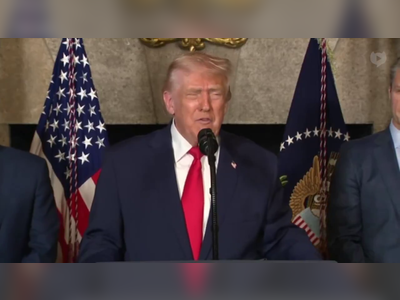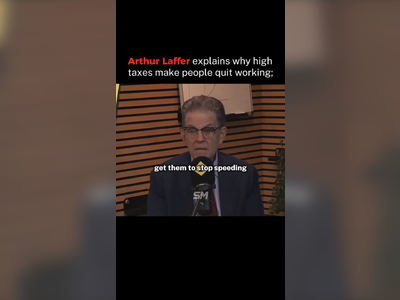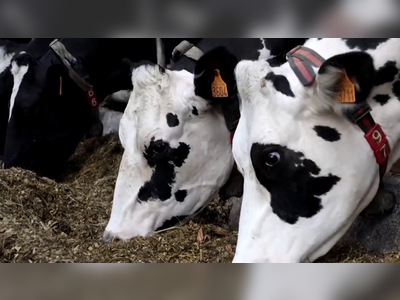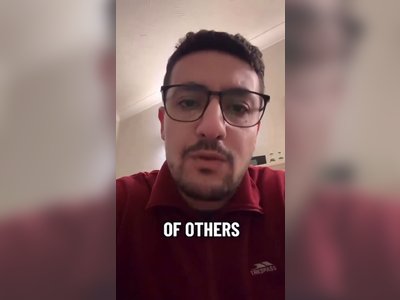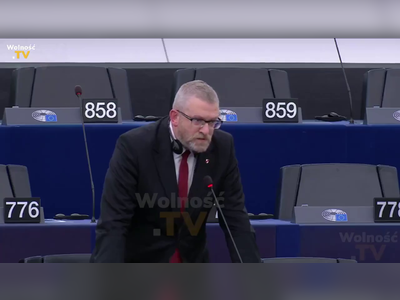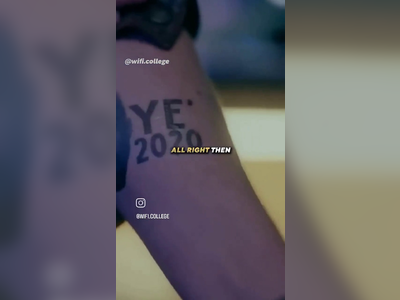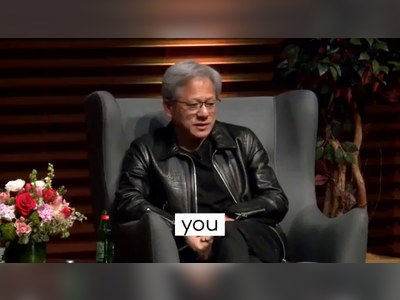
Social Media Platform X Faces Backlash Over Account Suspensions in Turkey Amid Protests
The platform, owned by Elon Musk, suspends accounts linked to dissent during significant civil unrest, sparking a debate on free speech and social media’s role in politics.
The social media platform X, owned by Elon Musk, is facing increasing scrutiny following its recent decision to suspend accounts associated with opposition figures in Turkey, coinciding with widespread civil unrest in the country.
The suspended accounts were reportedly disseminating information related to ongoing protests against the Turkish government, raising critical questions about freedom of expression and the responsibilities of social media in political dialogues.
This action occurs against the backdrop of intensified regulatory measures by the Turkish government aimed at controlling online discourse regarding civic demonstrations.
Authorities have mandated that social media platforms comply with local law enforcement directives to remove content deemed as disinformation or incitement to unrest.
Critics of the treatment of these accounts see it as a significant affront to free speech, labeling Musk's actions as exhibiting a 'double standard.' While Musk has championed free speech in various contexts, the platform has taken actions consistent with governmental repression in Turkey.
The Turkish government's strategies to manage dissent have included imposing substantial fines on social media platforms that fail to follow its content removal orders.
Reports indicate that Meta, another leading social media company, is also at risk of facing significant penalties for non-compliance with Turkish regulatory demands.
The current environment in Turkey underscores the intricate challenges social media firms encounter in balancing compliance with local laws and upholding free speech on a global scale.
As activism continues amid the prevailing civil unrest, the implications of account suspensions for the future of digital communication and public discourse have raised alarms among observers and activists alike.
There is growing concern that such actions could further stifle dialogue in regions experiencing governmental crackdowns on free expression.
The suspended accounts were reportedly disseminating information related to ongoing protests against the Turkish government, raising critical questions about freedom of expression and the responsibilities of social media in political dialogues.
This action occurs against the backdrop of intensified regulatory measures by the Turkish government aimed at controlling online discourse regarding civic demonstrations.
Authorities have mandated that social media platforms comply with local law enforcement directives to remove content deemed as disinformation or incitement to unrest.
Critics of the treatment of these accounts see it as a significant affront to free speech, labeling Musk's actions as exhibiting a 'double standard.' While Musk has championed free speech in various contexts, the platform has taken actions consistent with governmental repression in Turkey.
The Turkish government's strategies to manage dissent have included imposing substantial fines on social media platforms that fail to follow its content removal orders.
Reports indicate that Meta, another leading social media company, is also at risk of facing significant penalties for non-compliance with Turkish regulatory demands.
The current environment in Turkey underscores the intricate challenges social media firms encounter in balancing compliance with local laws and upholding free speech on a global scale.
As activism continues amid the prevailing civil unrest, the implications of account suspensions for the future of digital communication and public discourse have raised alarms among observers and activists alike.
There is growing concern that such actions could further stifle dialogue in regions experiencing governmental crackdowns on free expression.
AI Disclaimer: An advanced artificial intelligence (AI) system generated the content of this page on its own. This innovative technology conducts extensive research from a variety of reliable sources, performs rigorous fact-checking and verification, cleans up and balances biased or manipulated content, and presents a minimal factual summary that is just enough yet essential for you to function as an informed and educated citizen. Please keep in mind, however, that this system is an evolving technology, and as a result, the article may contain accidental inaccuracies or errors. We urge you to help us improve our site by reporting any inaccuracies you find using the "Contact Us" link at the bottom of this page. Your helpful feedback helps us improve our system and deliver more precise content. When you find an article of interest here, please look for the full and extensive coverage of this topic in traditional news sources, as they are written by professional journalists that we try to support, not replace. We appreciate your understanding and assistance.

